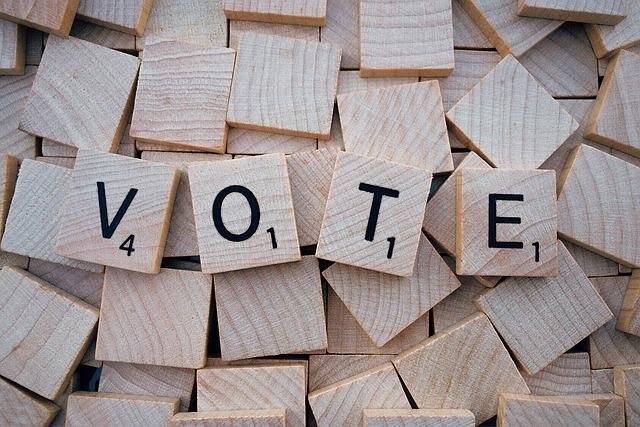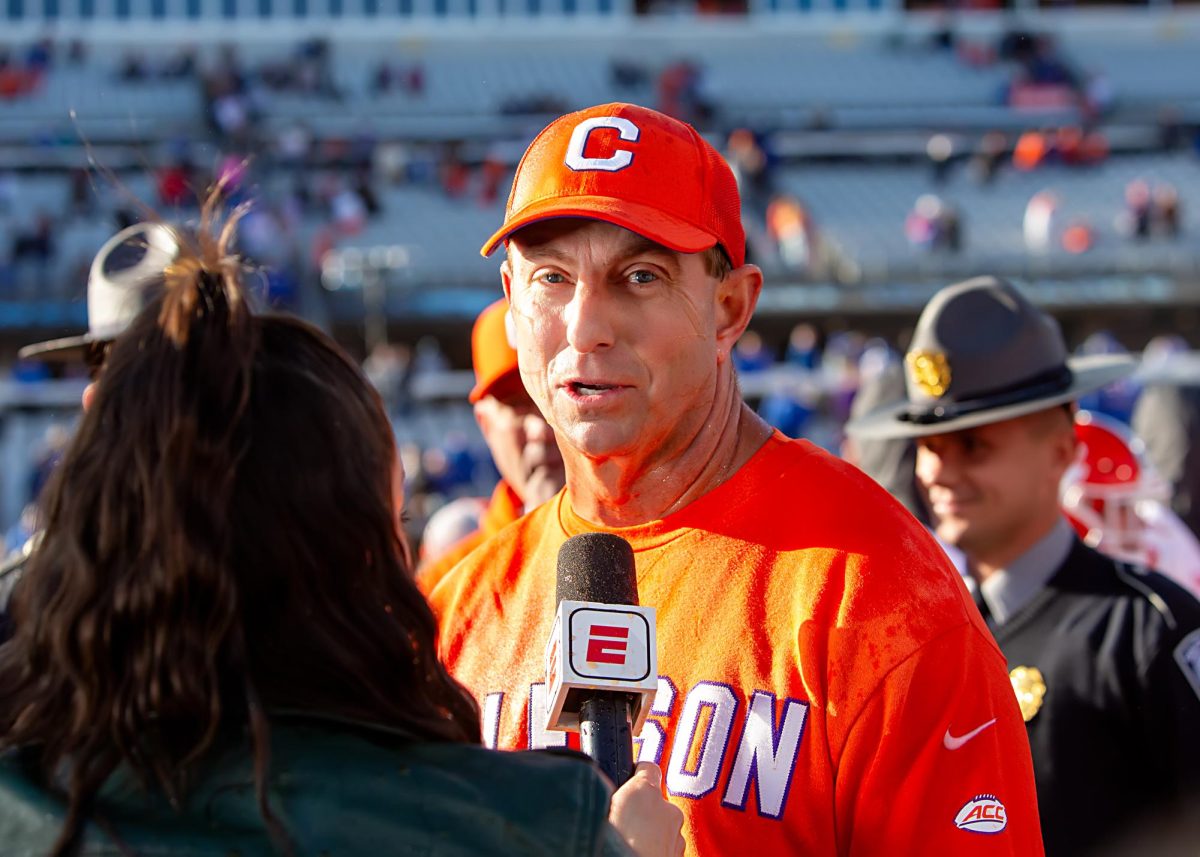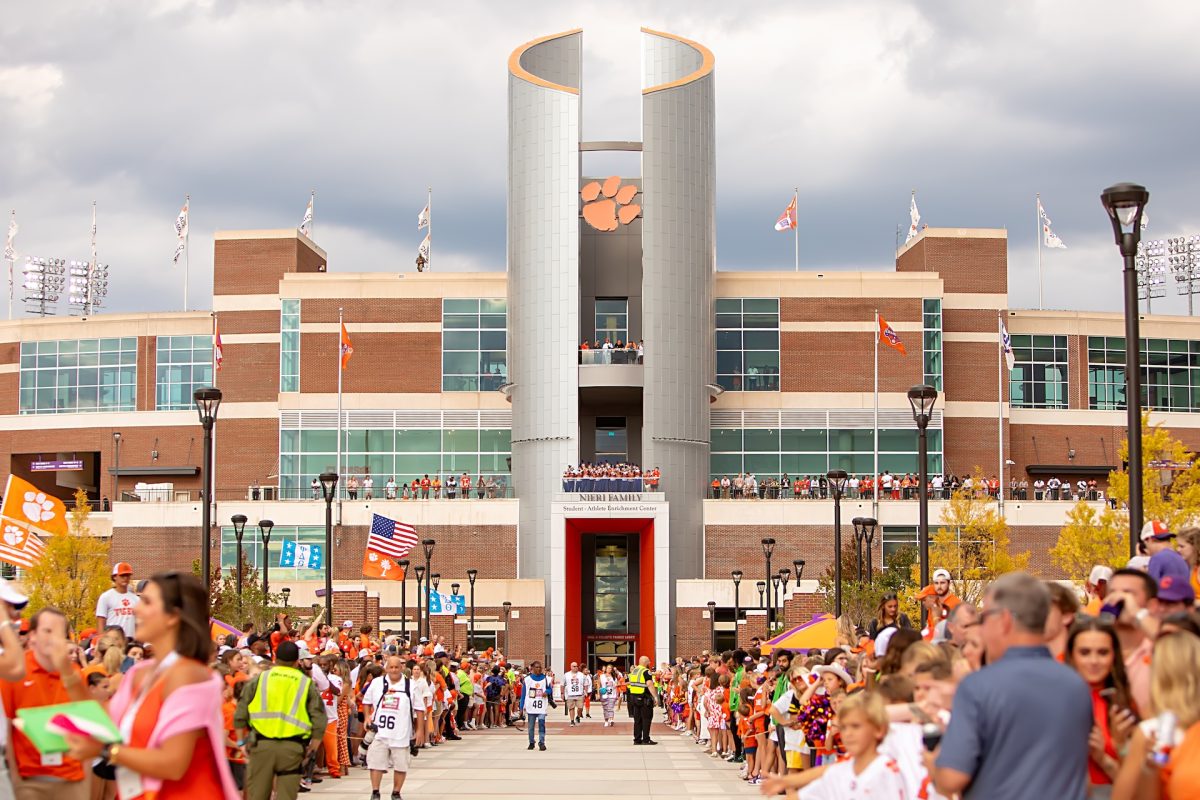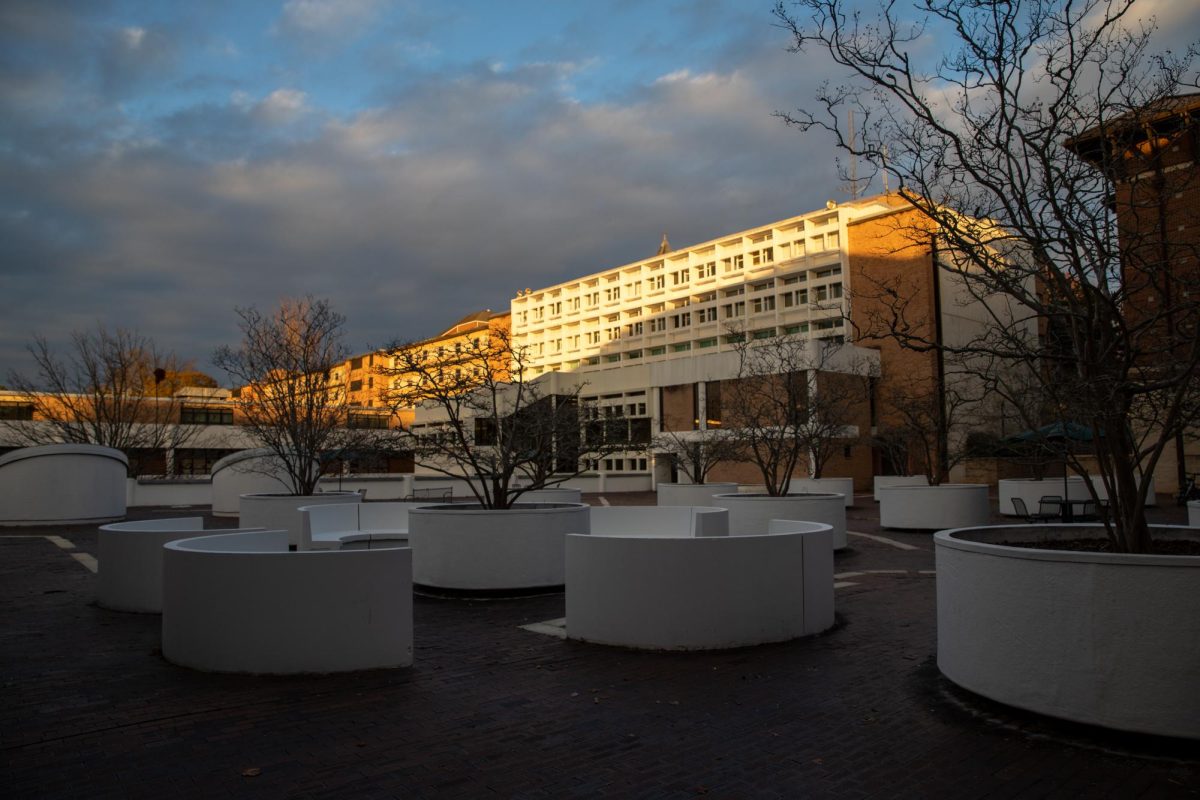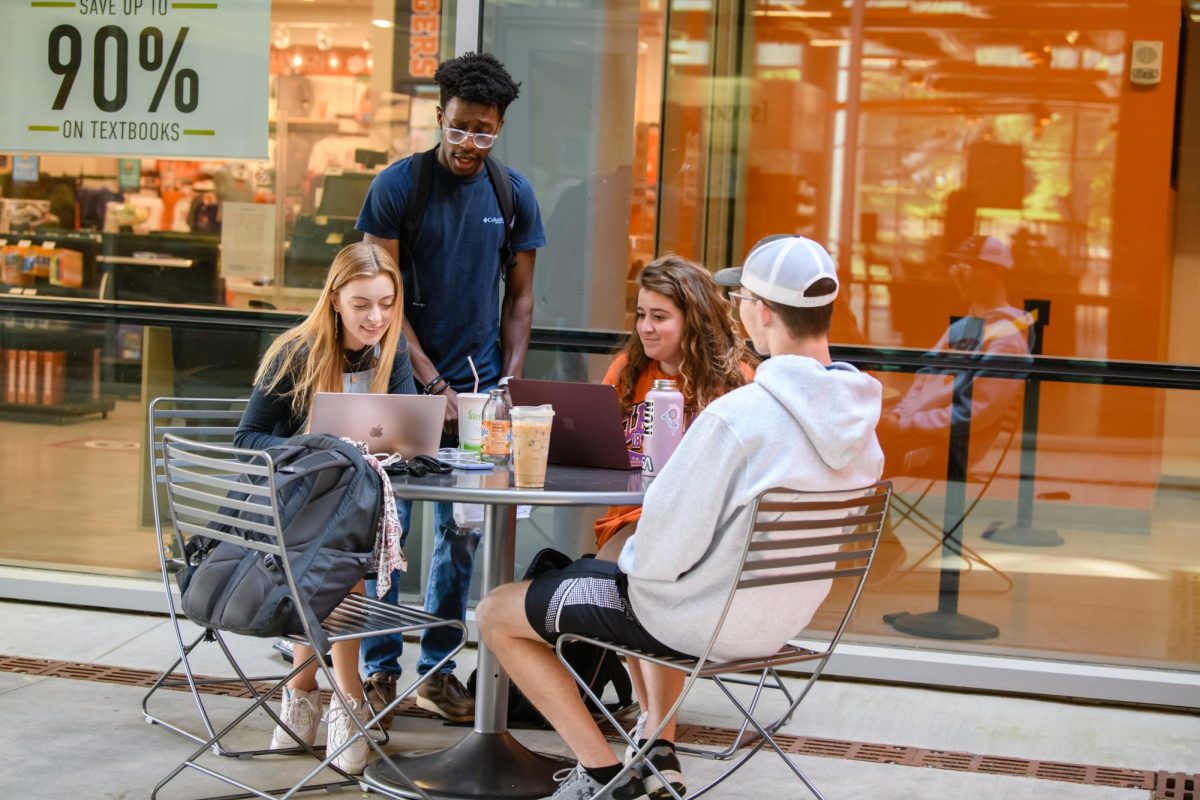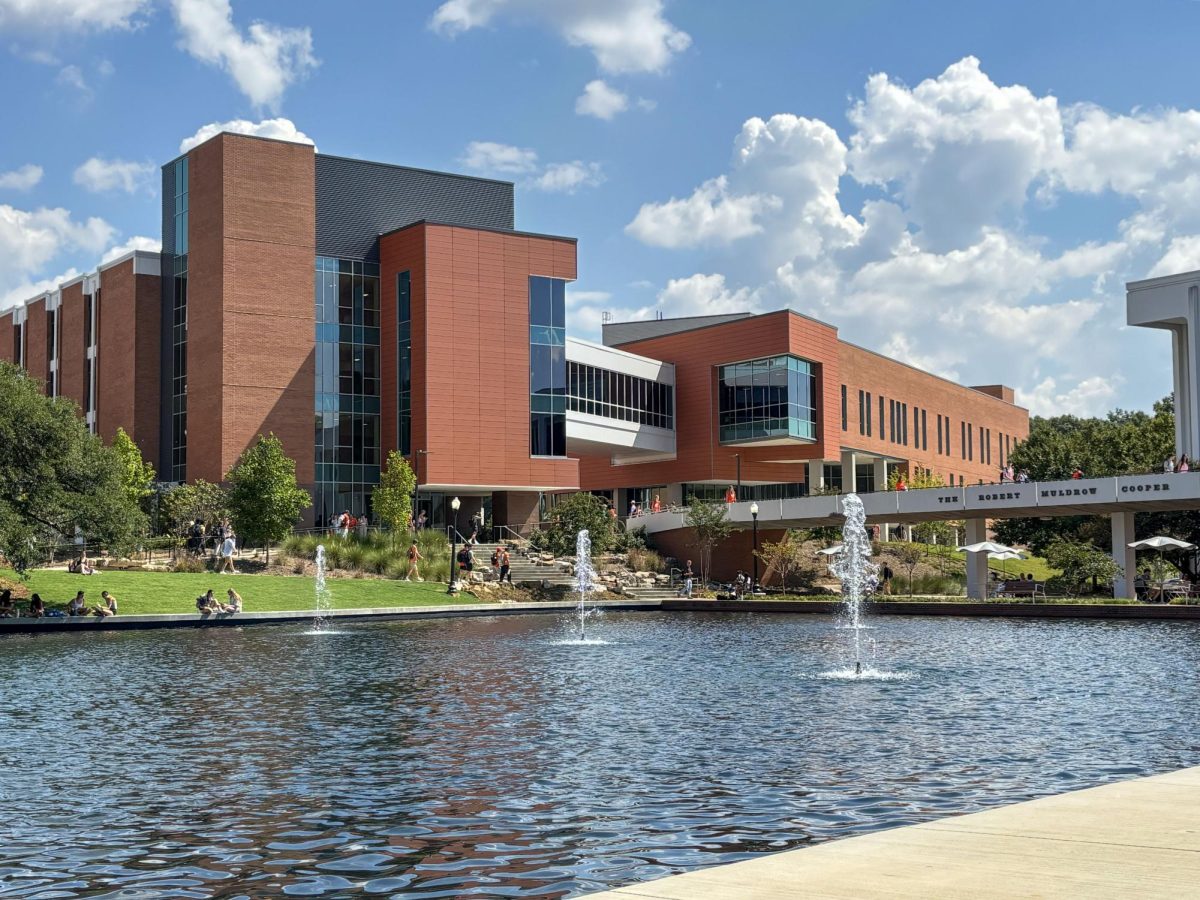Most of us remember the tense anticipation of waiting for national poll results over the past decade. We have experienced career politicians and long-time businessmen as recent United States presidents, senators and representatives. However, have you ever been just as excited about the local elections? Have you checked Twitter or your local paper or broadcast for the news of who your newest mayor or councilperson is? I doubt it. Even though local elections have direct implications on our lives, many young people overlook participating in them.
First of all — voting is a privilege. In modern-day America, most United States adults are entitled to vote in both federal and state elections, but it has not always been this way. For many of us, our ancestors had to fight for the right to participate in local and national elections. When the United States Constitution was initially published, the authors did not define who was or was not entitled to vote.
For decades, landowning white men were the only citizens allowed to vote. Legislation excluded white women, black people, indigenous people, immigrants and other minority groups of the time from participating in the process. White women gained voting rights in 1920 when Congress added the 19th Amendment to the U.S. Constitution. However, individual states still prevented minority groups from voting due to complications, like literacy tests, poll taxes and claims that residence on a reservation meant one was not a resident of that state. Recently, there has been a major push for voting equality, specifically targeting accessibility for those with disabilities.
Local elections can affect many things in our daily lives. From public transportation to school quality, the list goes even to how clean the local water is that you wash your hands daily. Local elections often take place every year, and because turnout is lower, your vote can make even more of a difference (Rock the Vote). Some positions for local elections could be governor, city manager or mayor, city council, county executive and county commissioner, district attorney/city attorney and school board.
Some of you may have noticed that Clemson had some unique visitors a few days ago when former U.S. representative and current Democratic nominee for South Carolina governor, Joe Cunningham, and his running mate, Lt. Col. Tally Casey, visited campus — hosted by the Clemson College Democrats. Cunningham is setting up a November faceoff with Gov. Henry McMaster, who is running for a second four-year term as governor. The governor serves as a state’s top executive official and is the only executive office elected in all 50 states. Both men running for governor have very different goals and policies, but both claim to prioritize education reform. In South Carolina, young people voting for the Governor have the potential to affect their futures directly.
Participating in elections is a unique right and freedom of American life that wasn’t accessible to many of our ancestors. Thousands of people worldwide do not have the same privilege. Whatever you believe or support, exercising your rights this election cycle is critical.
The importance of voting as a college student
Defiance Yenovkian, Podcast Editor
September 1, 2022
0
Donate to The Tiger
Your donation will support the student journalists of Clemson University. Your contribution will allow us to purchase equipment and cover our annual website hosting costs.
More to Discover



